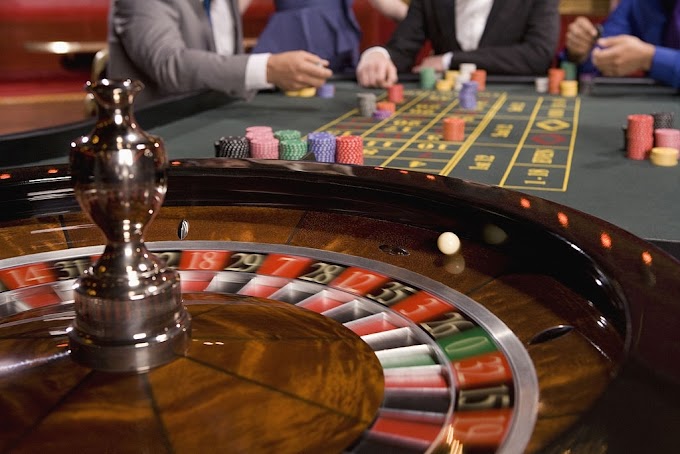Introduction
Casinos are generally considered to be agents of glamour, income, and revenue. But this presence has another side of a social and cultural impact on these communities as well. Abraham Pizam and Julianne Pokela’s study help to increase the understanding of how people perceive the impacts of casino gambling in Massachusetts towns. Now let us consider the findings of this analysis and what they tell about this never-ending contention.
The Mixed Reactions to Casino Development
A survey was conducted among the residents of Adams and Hull, two towns in Massachusetts, to assess the possible effects of establishment of a single hotel-casino in the respective towns. Apparently, there was no consistency in the observed positive effects, which the results emphasized. Some of the respondents supported the idea that a casino can open new workplaces and enrich the economy, others were skeptical about it.
On the other hand, there was relatively high agreement on the negative consequences of the technology. Public anxiety regarding the rise of crime as well as enhanced incidence of active criminality, such as the use of and trafficking in drugs as well as prostitution, was expressed. Some also opposed a casino merely on the basis of demographics arguing that the town would lose its familiar friendly atmosphere and become more like a resort.
Key Factors Shaping Public Opinion
There were various factors that the study pointed out in terms of people’s perceived attitudes towards casinos. This rendered one of the most significant was the understanding of how a casino would impact the image of the town. Few people remained concerned that this initiative might go against the grain of what was acceptable within the community.
Another important point – the less they could rely on local resources: police, social services, etc. Some other respondents also raised concern about the ability of state authorities to control casino gambling with adverse effects.
Notably, other demographics characteristics such as age were also influential. Respondents of younger age groups were more receptive toward the idea, compared to those from older age groups, who had higher levels of social concern.
Balancing Economic Growth and Social Concerns
It is however undeniable that casino means revival of business as seen with provision of jobs, customer attraction and an overall income boost. But this research is a good reminder that these community issues cannot be ignored. The area is thus only conducive to the development of casinos if the following principles are followed: First, regulation of the effects as well as the benefits of such developments; second, direct communication with the residents of the town.
The Bottom Line
Controversy over casinos is hardly black and white. Even though they bring economic benefits it is impossible to overlook their effect on community values and safety. Such assumptions serve as the primary reason why policymakers and stakeholders should have a clear understanding of these perspectives.
Have unique insights about casinos and gambling? Contribute to our Write For Us Casino And Gambling section and share your thoughts. Let’s create a space for meaningful conversations about this dynamic industry!






0 Comments